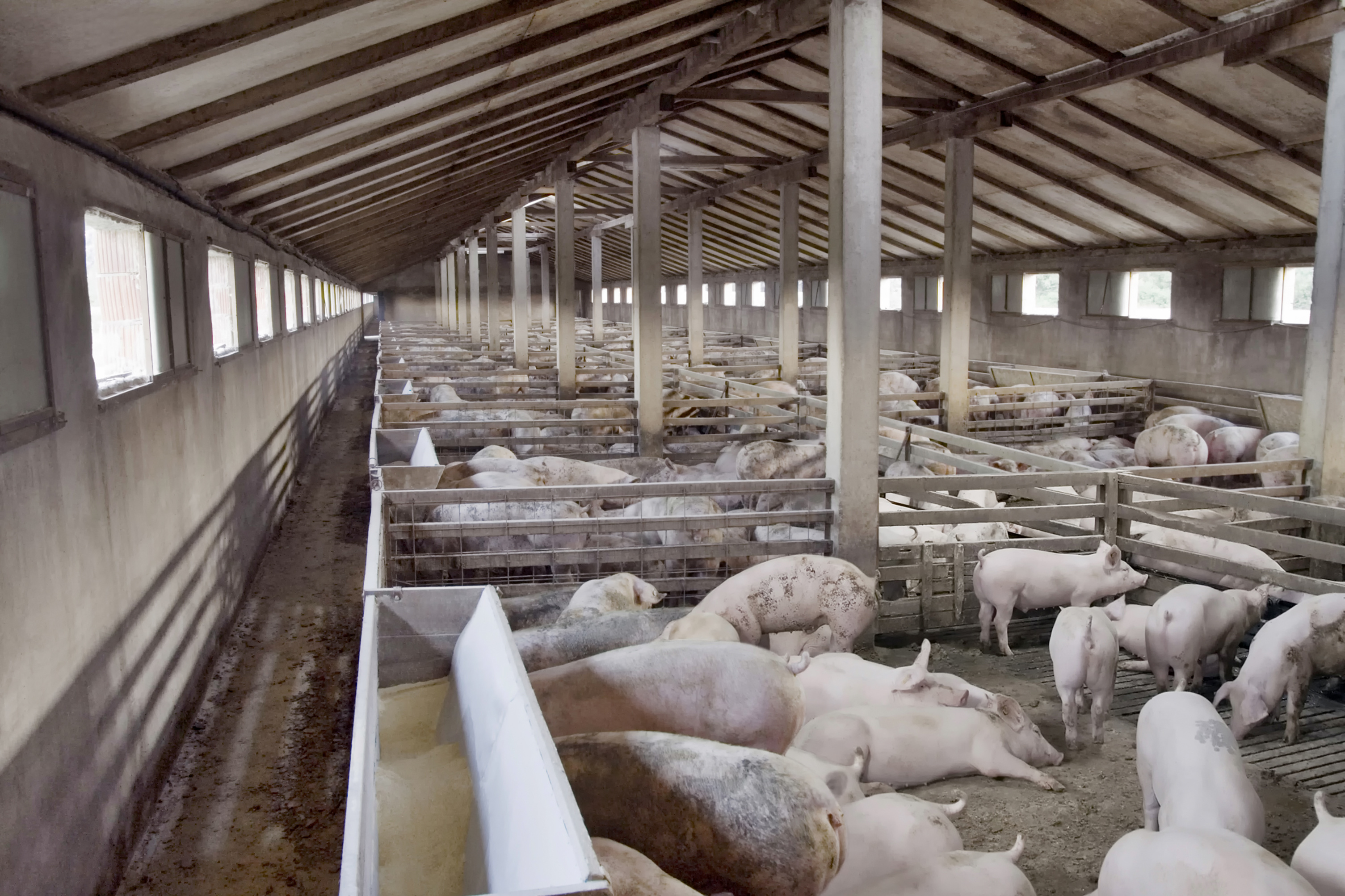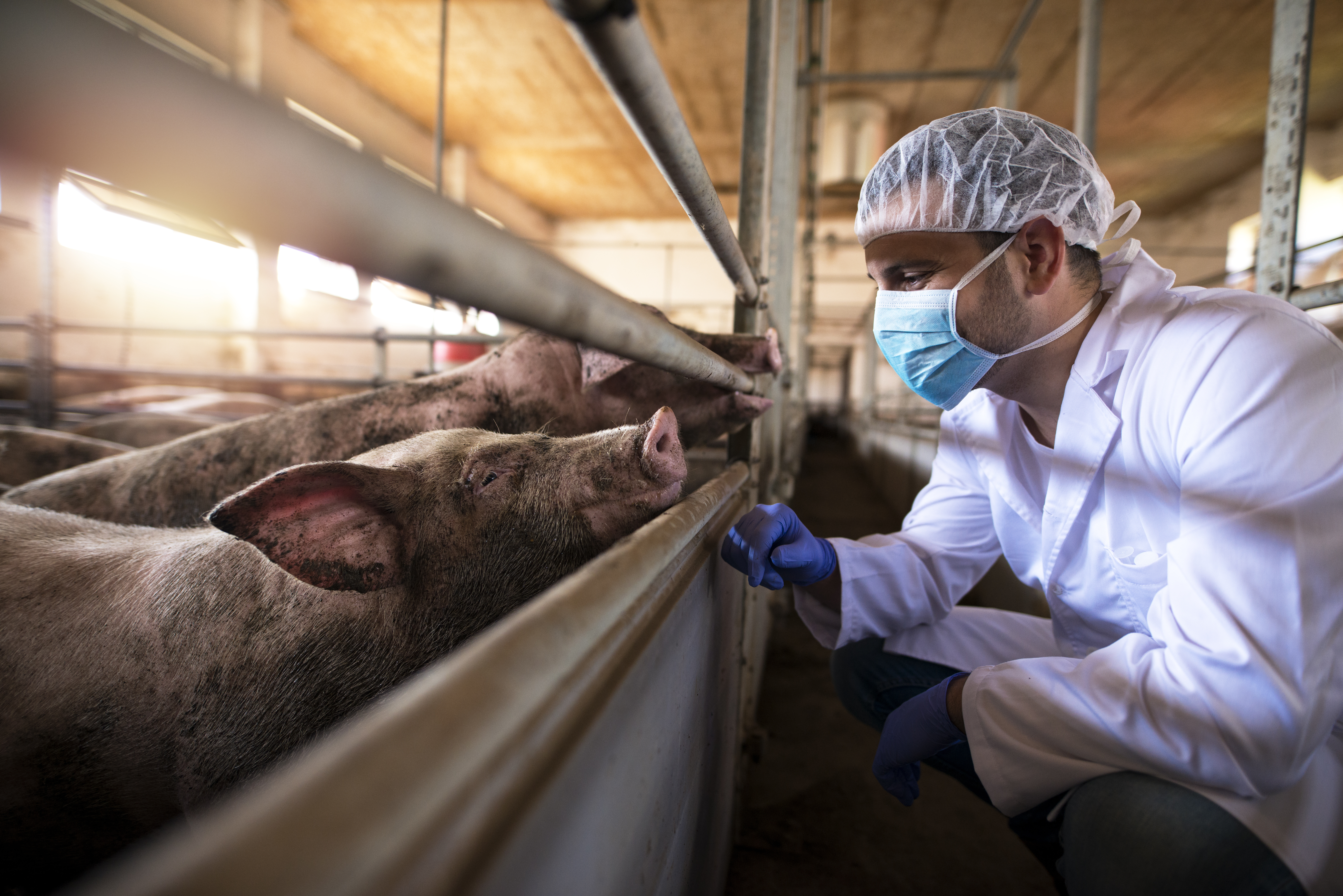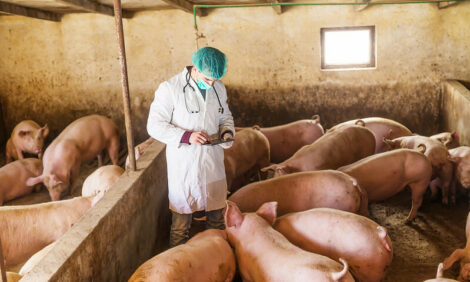



US creates a "disease protection zone" to safeguard against ASF
As part of efforts to prevent the introduction of African swine fever (ASF) into the United States, USDA and APHIS have established a disease protection zone in Puerto Rico and the US Virgin Islands and unveiled plans to protect the entire US swine industry.After African swine fever was detected in the Dominican Republic in July 2021, the USDA and APHIS have been working to stem the spread of the deadly pig disease into the United States. Both agencies are preparing to establish a Foreign Animal Disease protection zone in Puerto Rico and the US Virgin Islands.

ASF has not been detected in Puerto Rico or the US Virgin Islands, and USDA is committed to keeping it out of both islands and the rest of the United States. Out of an abundance of caution, APHIS is taking this additional action to further safeguard the US swine herd and protect the interests and livelihoods of US pork producers.
A Foreign Animal Disease protection zone is a World Organization for Animal Health (OIE) designation that allows the United States to maintain its current animal health status should there be a detection of ASF or other foreign animal disease on the island territories. Once the OIE recognizes the protection zone(s), APHIS will work to confirm that individual countries recognize and accept the zone(s). Their recognition will ensure the continued flow of US pork and live swine exports.
When the protection zone is established, APHIS will have processes in place in Puerto Rico and the US Virgin Islands to:
- Restrict movement of live swine and products out of the protection zone;
- Conduct appropriate surveillance within the protection zone to quickly detect introductions of disease;
- Conduct a public education campaign relating to biosecurity on farms and other establishments, prohibitions on movement of live swine and products outside the region, contacting authorities to report clinical cases, and similar actions.

APHIS has been actively working with officials in the Dominican Republic to assist in their response to the ASF detection, including:
- Offering technical advice and assistance on surveillance, quarantine, depopulation, and disposal methods;
- Providing continued testing support, including bolstering in-country testing capacity;
- Providing additional personal protective equipment for responders.
Although ASF has not been confirmed in Haiti, APHIS is offering the country similar support.
APHIS is confident that its many existing preventive measures and mitigations, along with the additional measures underway and announced today, will protect the US livestock industry from ASF and ensure the continued export of pork.
The National Pork Producers Council (NPPC) welcomed the announcement, saying that USDA Secretary Vilsack's pre-emptive step would safeguard the industry.
NPPC President Jen Sorenson said, "we have significantly bolstered US biosecurity defense against ASF since it began spreading in the Asia-Pacific region nearly three years ago and must re-double our efforts given the recent outbreak in the Dominican Republic.”
Read more about the NPPC's efforts to protect the US pork industry here.

